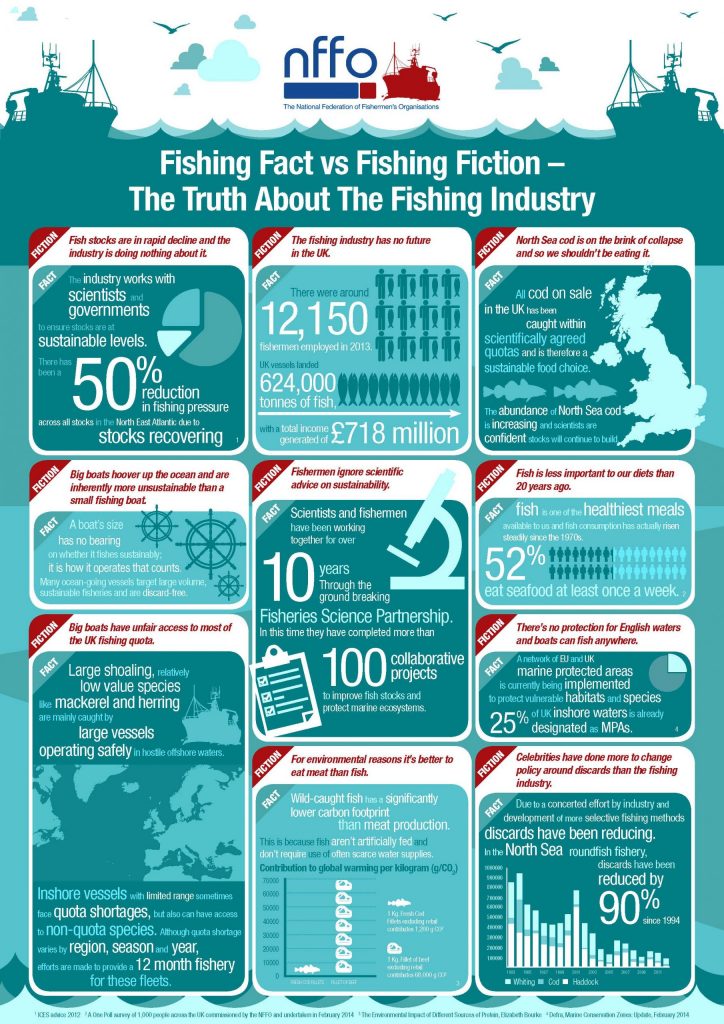23 December 2014
With just 12 months to go before the introduction of a landing obligation, which will be the most dramatic change the European fishing industry has seen for 30 years, the National Federation of Fishermen’s Organisations (NFFO) believes there are still major issues yet to be addressed.
The federation has been at the heart of discussions between
advisory councils and member states, and says it is clear there is much work still
to do.
The NFFO’s chief executive, Barrie Deas, said: “You don’t
need a crystal ball to foresee that 2015 will be dominated by preparations for
the introduction of the landings obligation to the demersal fisheries from January
2016. Yet fishermen are waiting to learn how the discard ban will be phased-in,
what exemptions should apply to which fisheries and species, and must also wait
until December 2015 to find out about the increase in quota to cover the
unwanted catch that will now have to be landed.”
Many common public misconceptions still exist about an
industry which largely operates beyond the horizon. Thanks to a concerted
effort by fishermen, development of more selective fishing methods and a
reduced fleet size, discards have already reduced dramatically. In the North
Sea roundfish fishery, for example, discards have reduced by 90 per cent since
1994.
And yet, according to
the NFFO, credit for this often goes to celebrity campaigns such at Hugh’s Fish
Fight rather than the real and long term changes that have happened as a result
of the industry itself.
Mr Deas continued: “Due to the impact of a smaller fleet and
by working together with scientists, fishermen have seen discards reducing, by
up to 90 per cent in some places. But this is the sort of fact that goes
unreported and leaves the general public with the completely wrong view of the
industry.”
To combat the most pervasive and enduring myths, the NFFO
has created an infographic to tackle the top ten misconceptions, positioning
them against what is often a more positive reality, including the revival of
some of our most popular fish species including North Sea cod.

